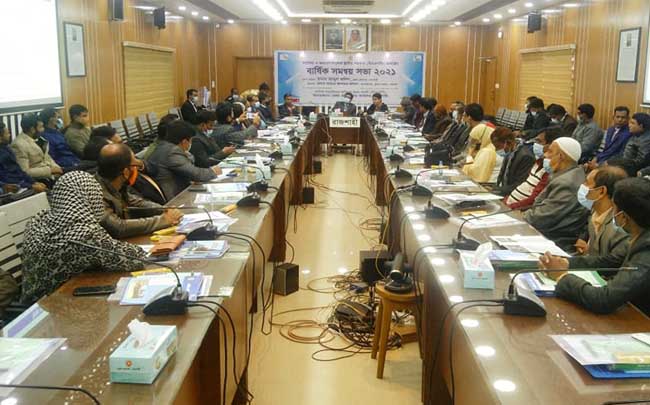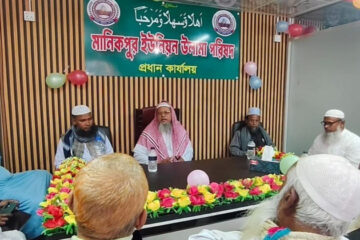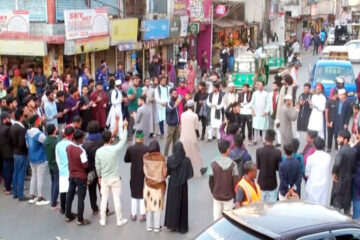Development is not possible without revenue growth, says Rajshahi Deputy Commissioner at coordination meeting
1 Min Read
Some more such news
-
Inauguration of the main office of Ulama Parishad at Bancharampur
BD Observer 241 month agoThe main office of Manikpur Uniton Ulama Parishad has officially started its journey in Brahmanbaizar Bancharampur. -
Comilla- 1 father and son collected nomination papers along with 3 people
BD Observer 241 month agoBNP, Jamaat and Dr. Khandkar Maruf Hossain have collected nomination papers in Comilla-1 (Daudkandi-Meghna) constituency to participate in the 13th National Assembly elections. -
Moulvibazar Hadi, Hadi protests and protests by blocking the protests and protesting
BD Observer 241 month agoMoulvibazar was in a state of uproar over the shooting death of Inkilab Manch spokesperson Sharif Osman Hadi.




